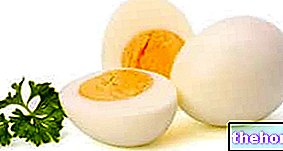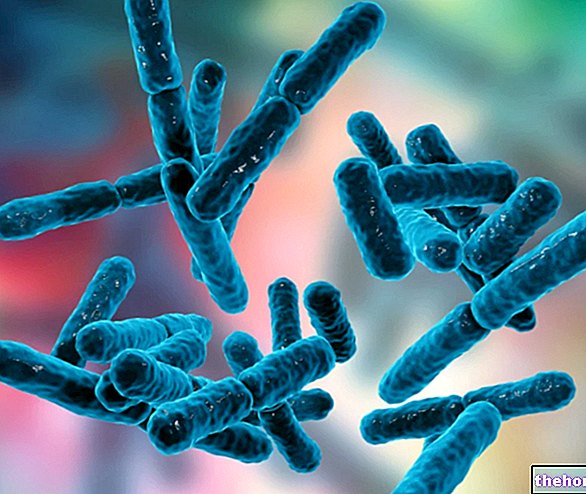What are?
INNOVATIVES or novel foods are foods to which a production process different from the common one has been applied, or genetic modifications have been applied in order to obtain advantages such as:
.jpg)
Innovative foods are the result of the application of MODERN BIOTECHNOLOGIES or INNOVATIVE BIOTECHNOLOGIES.
Biotechnology
Biotechnology is a discipline that studies production techniques through the use of LIVING SYSTEMS such as: MICROORGANISMS, ANIMAL CELLS and VEGETABLE CELLS. In food biotechnology classical traditional applications are pursued (yeast for bread making, cheese rennet, etc.) but recently the new methods of enzymatic-molecular isolation (e.g. RENNINA fungal enzyme for cheese-making in place of rennet, other bacterial enzymes for the maturation of meat or for the stabilization of beer or for the production of sweeteners or for the production of individual amino acids).
Biotechnology and genetic manipulation
The modification of the genetic patrimony is one of the techniques of genetic engineering useful for the production of some innovative foods; this method allows to "cut, sew, add and select" the gene sequences inside eukaryotic and prokaryotic cells, in order to synthesize proteins different from the original ones. It follows that, both in botany and in agriculture (therefore for the production of innovative foods), and in the medical field (for pharmacological production), biotechnologies are increasingly assuming an avant-garde role.
Transgenic Foods
Innovative-transgenic foods are products obtained through the genetic recombination of organisms ALSO belonging to different species and kingdoms; the reader might wonder what is the applicative usefulness of a similar biotechnology ... it is easy to say! Taking a clear example, using recombinant DNA to enhance a plant, it would be ... indeed, it is possible ... to increase its resistance in crops AVOIDING the use of many chemicals such as the well-known pesticides (eg: the combination of the toxin [harmless to humans] of Bacillus thuringensis on plants, it counteracts the proliferation of harmful insect larvae in crops ... but it is not yet clear whether its action also extends to beneficial insect larvae).
The most common innovative-transgenic foods are: corn, potatoes, soy, tomatoes, canola, beans, etc.
Are they harmful?
Currently, the great difficulty in the "European expansion of innovative foods from overseas" is the belief that genetically modified organisms (GMOs) can harm both the surrounding environment (polluting other traditional crops) and the health of consumers ... I would say However, it must also be specified that the scarcity of information and the ineffective disclosure associated with psychological terrorism by conservative bodies have participated in the distortion of the fundamental concepts for the understanding of innovative foods. However, from my point of view, there is no doubt that the dissemination of transgenic crops and livestock can jeopardize the biodiversity of pure animal and plant species.
Regulations
Innovative foods, therefore transgenics and already GMOs (if you prefer ...), are subject to regulation by the European Commission. The directive in question (Official Gazette L.43 of February 14, 1997) defines the forms of labeling for the CORRECT information of consumers / users; the specific labeling of innovative VITAL foods (seeds, yogurt, tubers, etc.) is considered MANDATORY, while those of innovative NON-vital foods (starch, dietary fiber, proteins, lecithins, etc.) are required ONLY if they are SUBSTANTIALLY different from traditional ones.
Transgenic and / or GMO .... was it necessary?
According to the big producers and research institutes for biotechnology, the production of plant and animal organisms with a genetic structure modified by man, to favor their productivity and / or yield (hence the profit!), Is an absolutely UNAVOIDABLE.
This is certainly a modification by now irreversible which introduces new alien beings into the environment, and this could result in:
- Loss of biodiversity and permanent damage to wild flora and fauna
- Unpredictable long-term effects
- Introduction of new viruses
- Antibiotic resistance
- Threat to organic and organic agriculture
- Irreversible contamination of the entire ecosystem.
Ask ... before infecting the planet, they could have at least asked our opinion! After 20 years of transgenic agriculture by ALL the countries of the world ... organic or even only organic has become a mere UTOPISTIC crop.




























